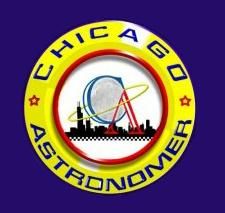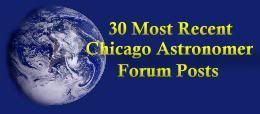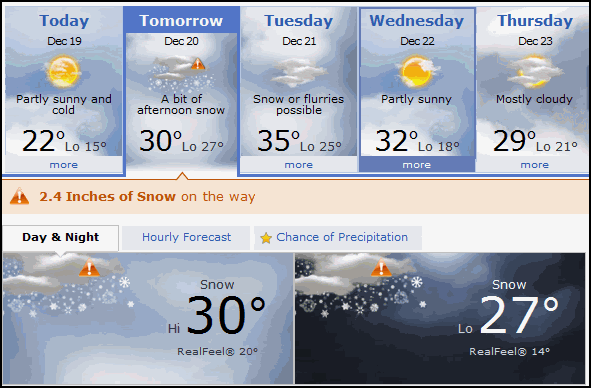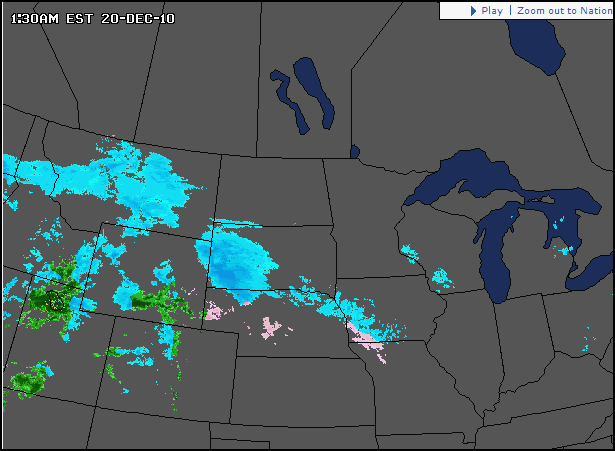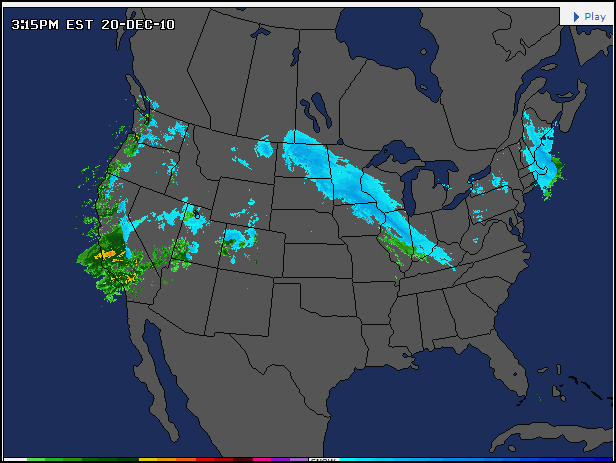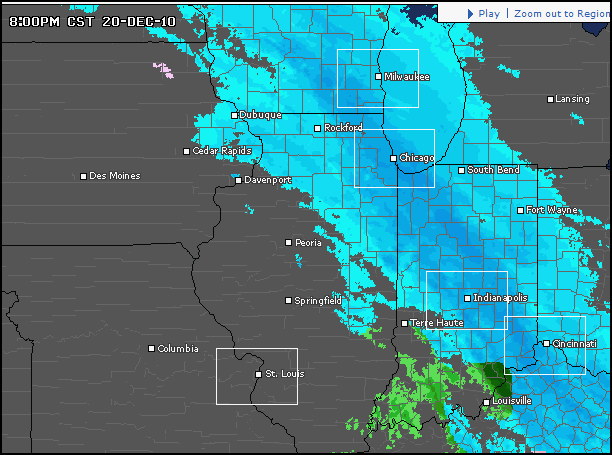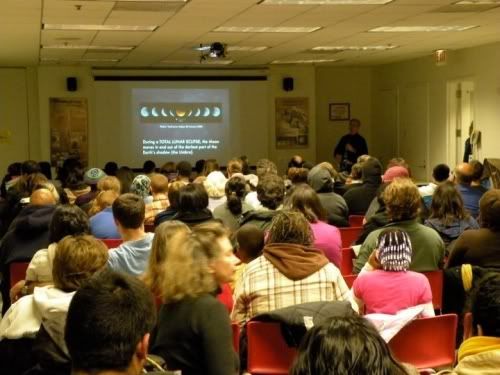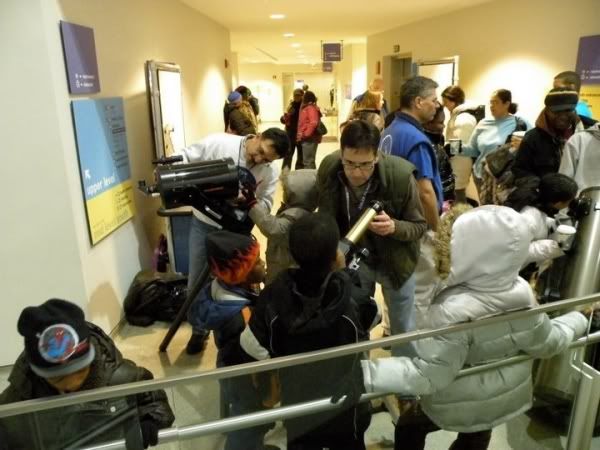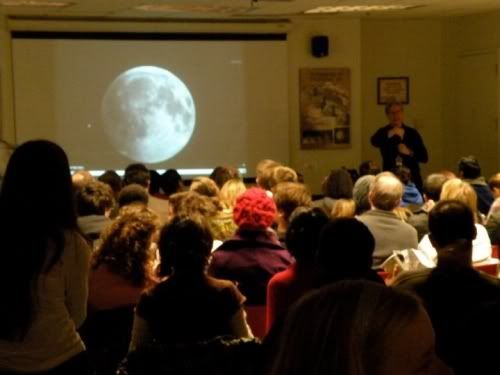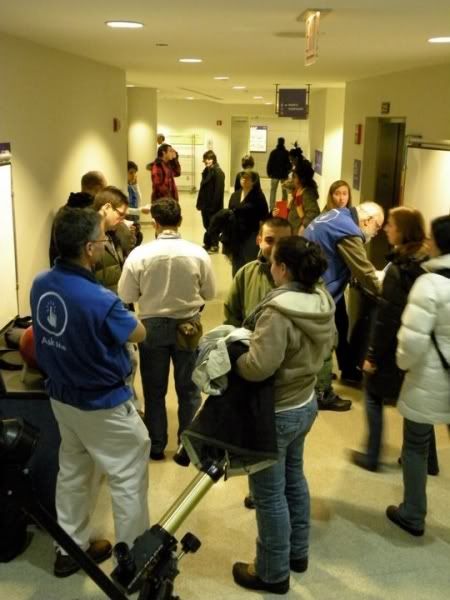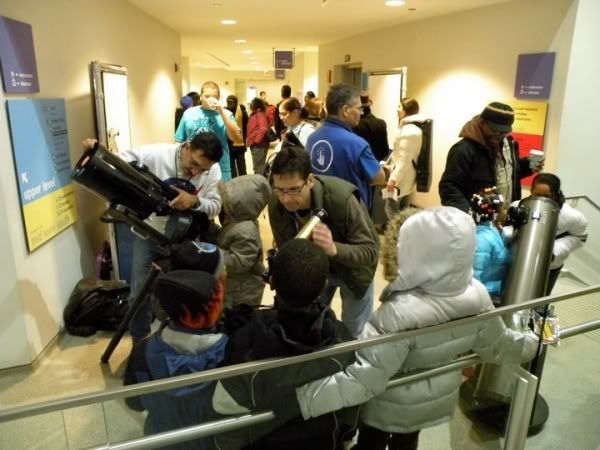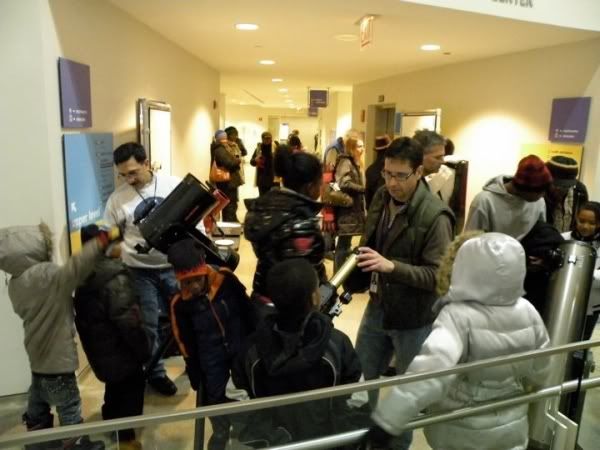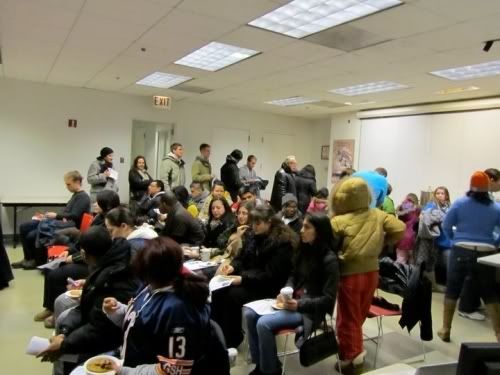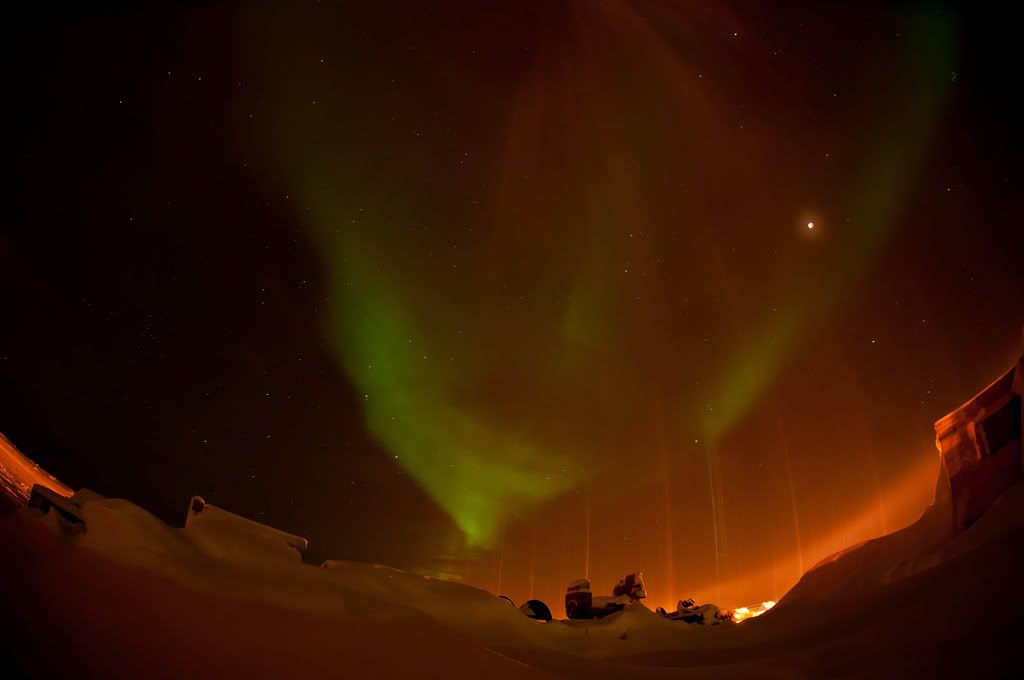Post by Chicago Astronomer - Astro Joe on Dec 18, 2010 4:44:58 GMT -6
Lunar Eclipse Observation for Chicagoans by the Adler Planetarium
20th/21st December 2010
20th/21st December 2010
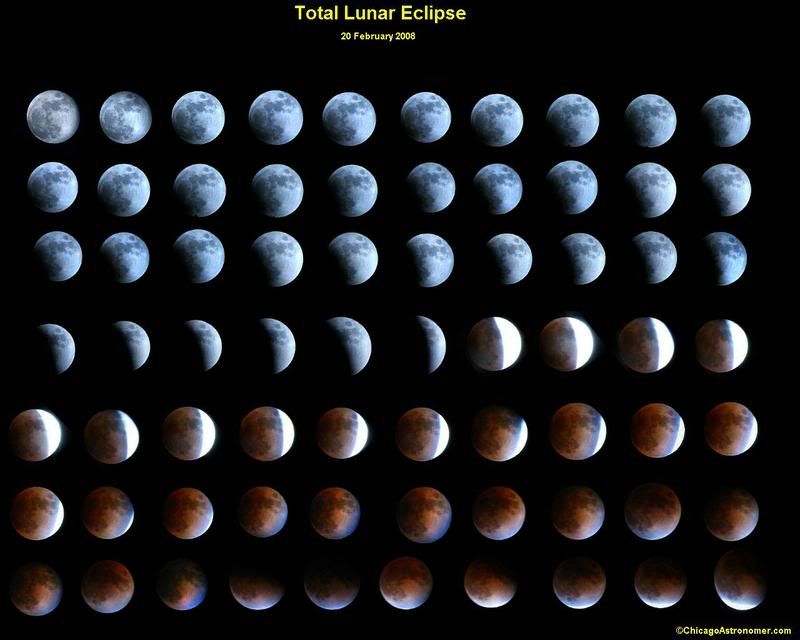
In a rare schedule, we will be treated to a Total Lunar Eclipse on the winter solstice....pending weather - and so far.....it is not looking good for clear skies.
But here are the details....
The Adler Planetarium will host this event from 11:00 pm Monday evening to 4:00 am Tuesday morning. The museum campus will be open to the public during this time and street parking will be plentiful, (but feed the meters @ $1.25 per hour.) We will set up telescopes outside of the South entrance and offer views for our visitors. The South entrance and bathroom will remain open, but the museum itself will be closed to the public.
From the Adler press release:
December 20, 2010 -- The Adler Planetarium is hosting an all night Total Lunar Eclipse Party Monday into Tuesday morning.
The party goes from 11pm - 4am, and the eclipse happens from 12:30 - 2:30am. It is also the Winter Solstice that night. Adler telescope volunteers will be on hand and the Doane Observatory will be open for viewing.
The Adler Planetarium will celebrate the winter solstice by hosting a FREE Total Lunar Eclipse Party. Adler educators, astronomers, along with telescope operators, will be on hand to facilitate telescope viewing - weather permitting.
The next total lunar eclipse visible in the Chicago area will occur on April 15, 2014. A total lunar eclipse takes place when a full Moon passes through the shadow of the Earth. The Earth blocks light from the Sun and casts a shadow that is seen over the entire Moon.
Free coffee, tea, hot chocolate and light snacks will be provided to visitors beginning at 11p.m. on a first-come, first-served basis. Guests can enjoy unlimited shows in the Definiti Theater for $5 (free for Adler members). Shows include Journey to the Stars and Night Sky Live. Please note: Adler exhibitions will be closed.
I will be working telescopes for the Adler as a facilitator, using the 10" Meade LX 200, (got it to working with a under powered 12v), and bring my own 2" eyepieces for wide field of views of the event. I will also use the Mighty Nikon 4" refractor to photograph the phases throughout the session, (as I did in the image above for the 2008 eclipse). We will have a number of scopes from Dobsonians and SCT's to refractors. If visitors would like to bring their own equipment, please do and set up along side us.
Visitors: Please do not "handle" the telescopes and move them about. The Moon will be expertly targeted throughout the evening and any interruptions by holding the telescopes will only cause delays and frustratrions, as we re-position. Please instruct your children not to grab or hang on to the telescopes.
One can safely observe lunar eclipses without harm and from anywhere in the city naked eye and without optical equipment. But binoculars and telescopes will enhance the experience.
Here are the eclipse event times for Chicago observers:
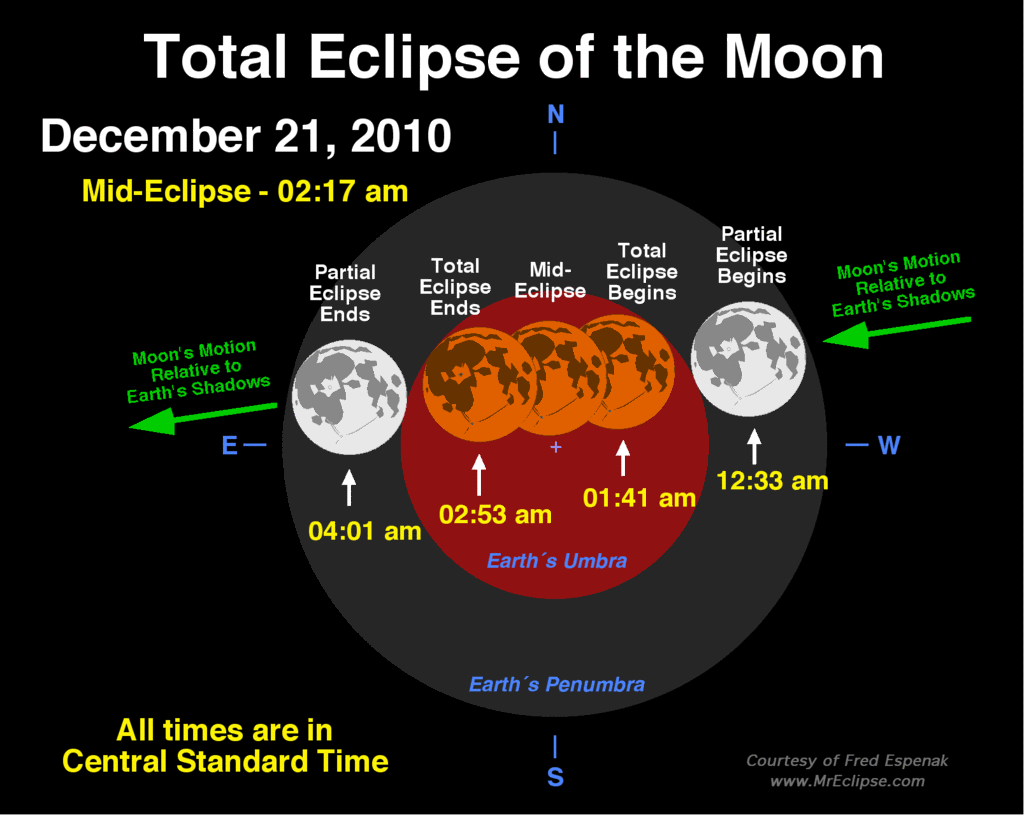
The Moon will slowly slide into the Earth's shadow starting at 12:30 am and one will be able to observe the curvature of the Earth on the lunar surface quite easily as the eclipse approaches totality. At 2:17 am, the Moon will enter the deepest portion of the Earth's shadow and be it's darkest - a crimson copper hue will then shade the Moon in it's entirety.
Then, the process reverses and by 4:00 am, the event is over. But for 72 minutes, we get to witness the dance of the spheres. But this is a extra special eclipse, as the last solstice eclipse was 372 years ago....
From NASA:
This lunar eclipse falls on the date of the northern winter solstice. How rare is that? Total lunar eclipses in northern winter are fairly common. There have been three of them in the past ten years alone. A lunar eclipse smack-dab on the date of the solstice, however, is unusual. Geoff Chester of the US Naval Observatory inspected a list of eclipses going back 2000 years. "Since Year 1, I can only find one previous instance of an eclipse matching the same calendar date as the solstice, and that is 1638 DEC 21," says Chester. "Fortunately we won't have to wait 372 years for the next one...that will be on 2094 DEC 21."
Details for the astro geeks:
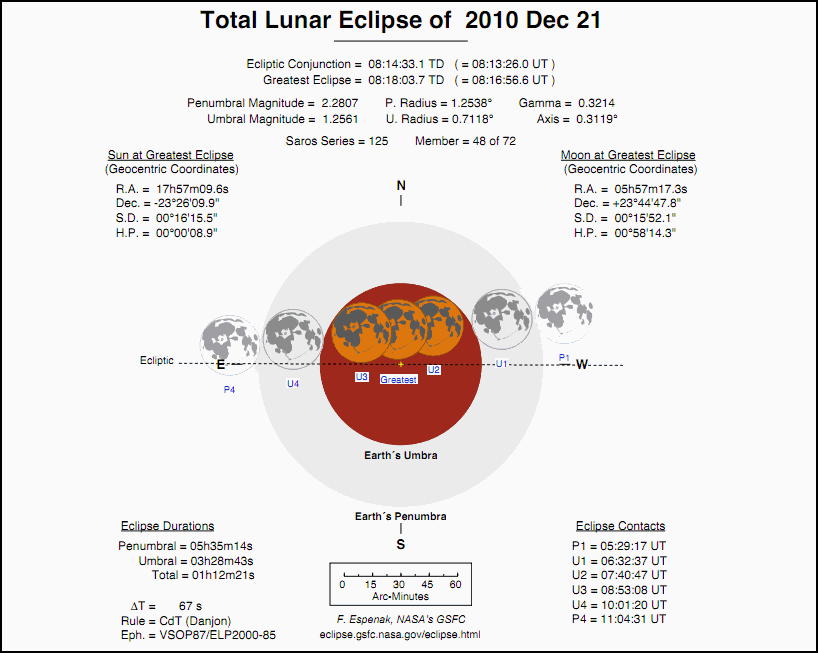
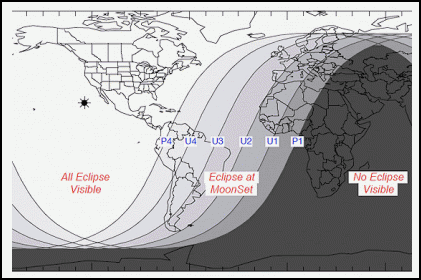
Dress warm, join us for this rare event and share in the fun.
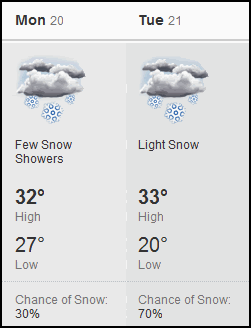
(For the astronomers working the Adler Telescopes and the Chicago Astronomers joining us:
We will have the chemical hand warmer packs for gloves and boots. Dress in layers and we will watch the scopes as we take turns going inside to warm up. But it looks looks like we may be clouded and snowed out...
 )
)
